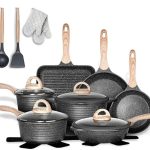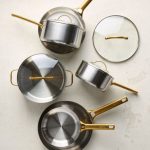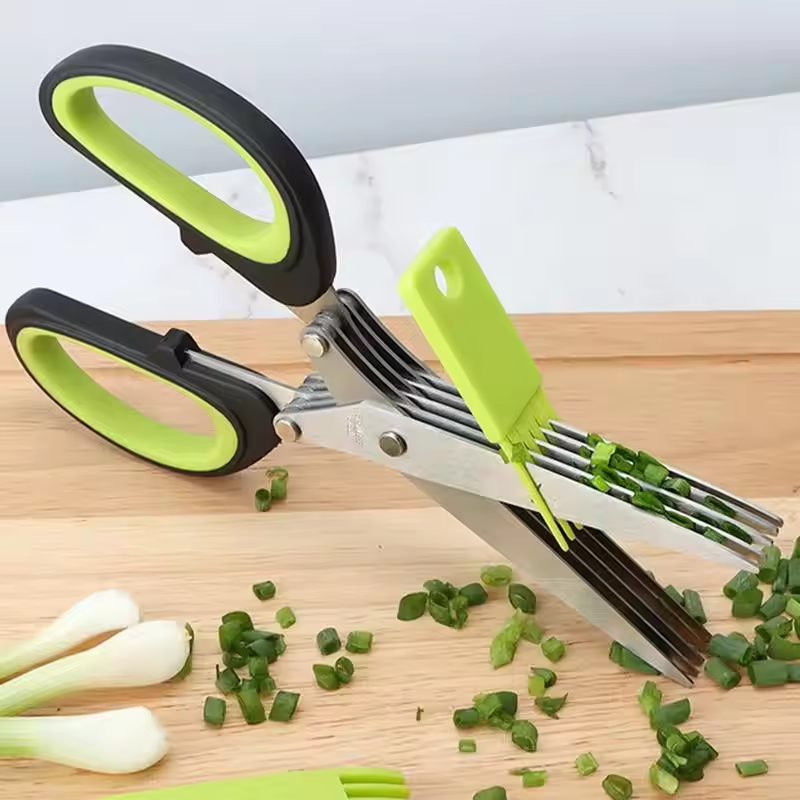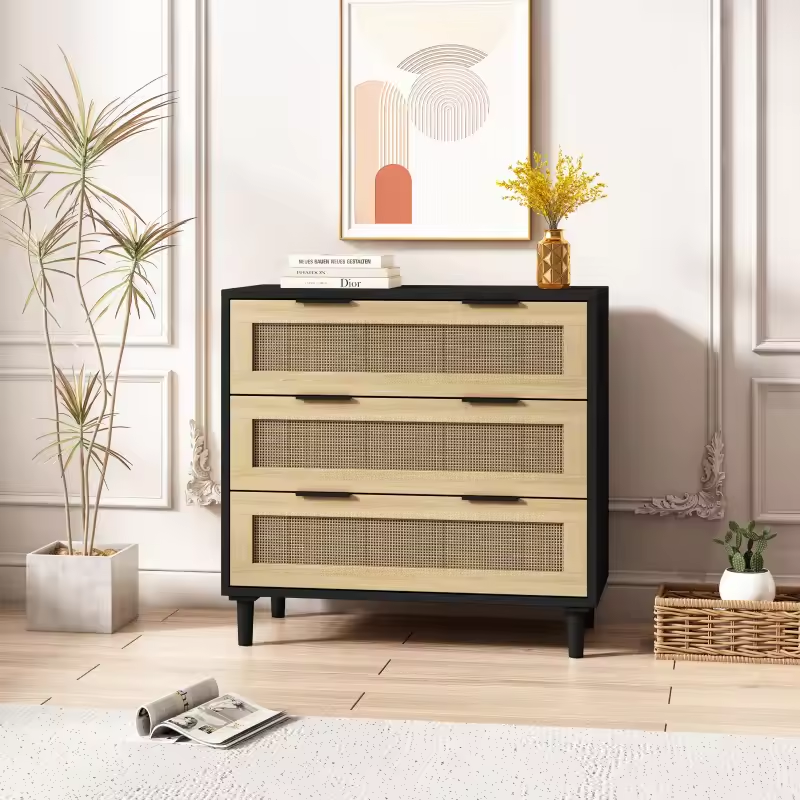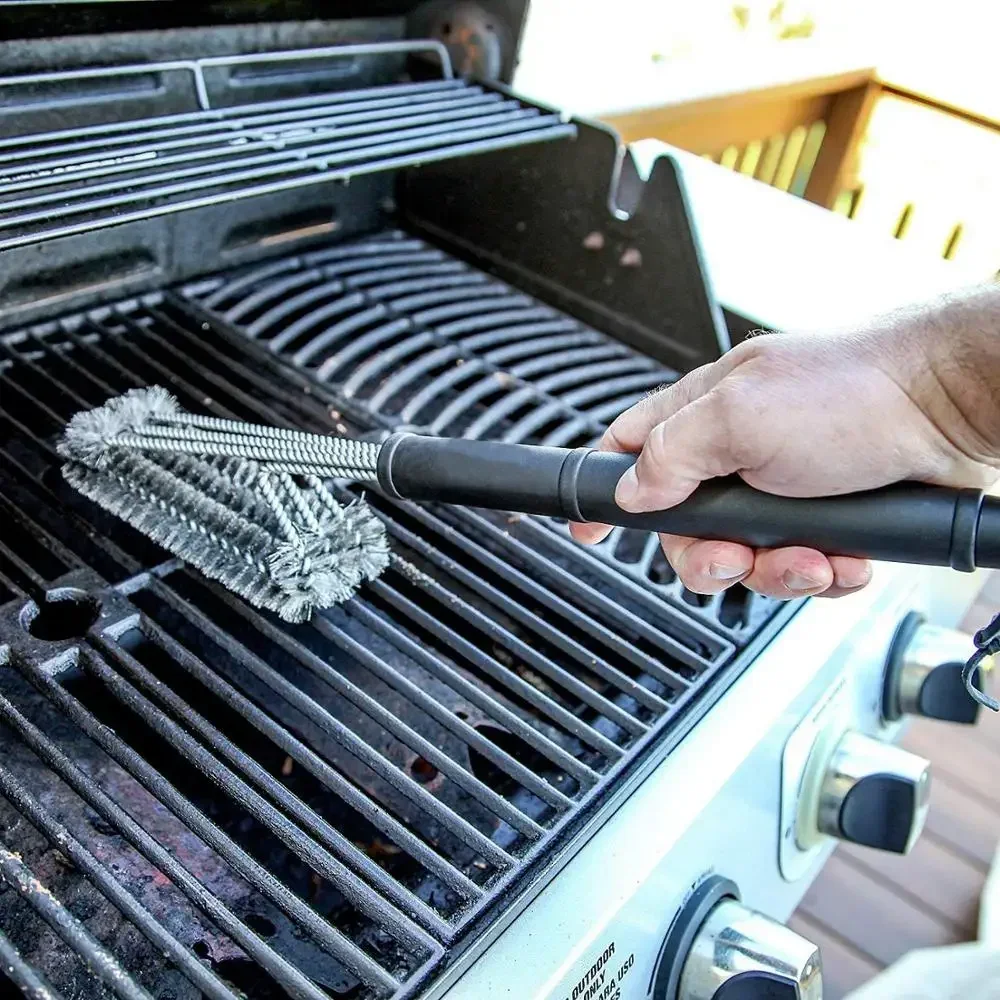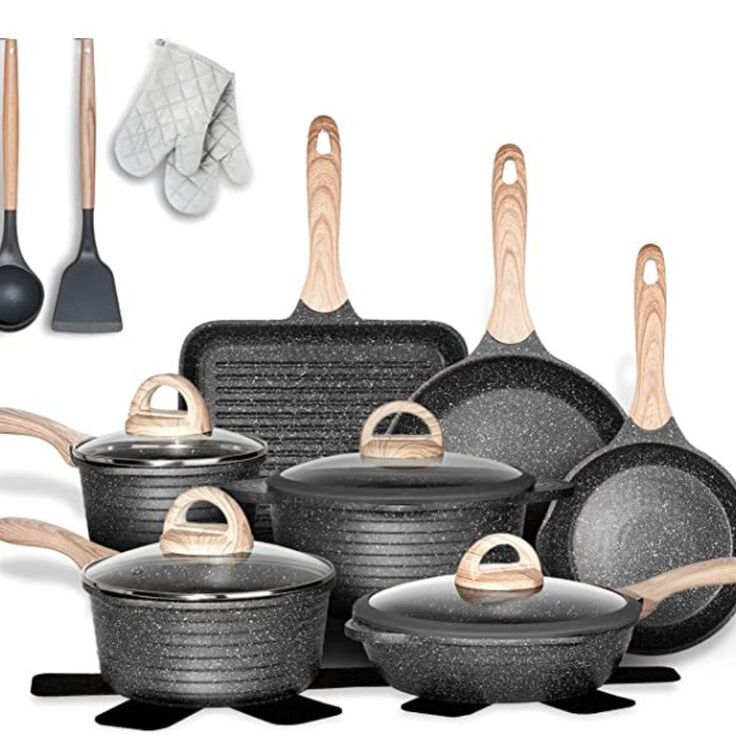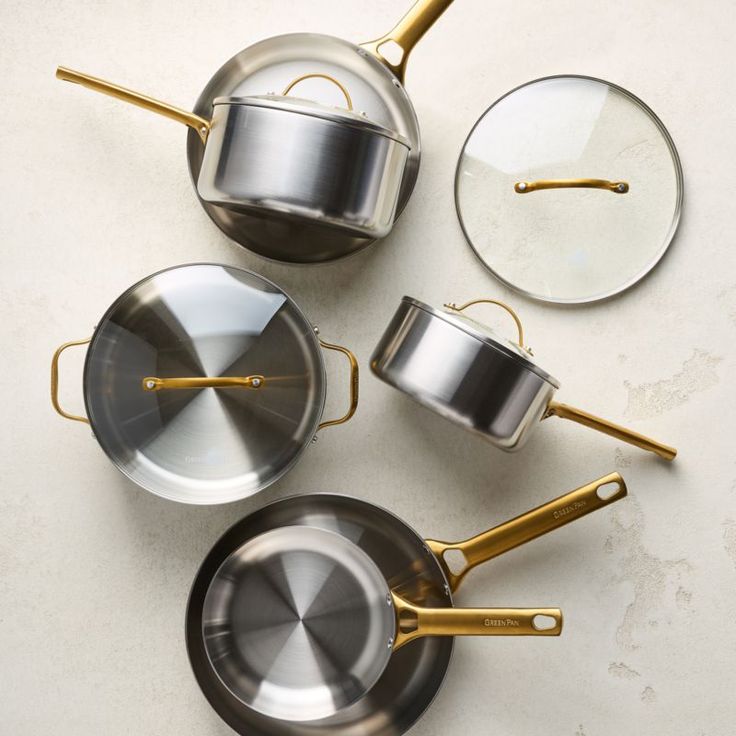Grilling season is a cherished time for many. The smell of charred meats, the laughter of friends and family, and the joy of outdoor cooking all contribute to the charm of barbecuing. However, to enjoy the tremendous flavors that grilled food brings, it’s imperative to ensure that your grill is in excellent condition. The tool that often plays the most significant role in maintaining that condition is the humble grill brush. In this essential BBQ grill brush guide, we’ll explore the importance of grill care, the various types of grill brushes, and tips for maintaining and using them effectively.
Understanding the Importance of Grill Maintenance
One of the most vital aspects of enjoying a delicious barbecue is ensuring that your grill is well maintained. Regular cleaning enhances performance by improving heat distribution, prolonging the life of the grill, and preventing flavor transfer between meals. When you allow grease, food particles, and residue to build up, it not only affects the flavor of the food but can also be a fire hazard. For instance, accumulated grease can ignite unexpectedly, posing significant safety risks to everyone around. Beyond safety concerns, a clean grill is much more efficient; it allows for perfect searing and even cooking temperatures.
Moreover, regular maintenance increases the lifespan of your grill. A well-cared-for grill can last several years longer than one that is neglected. By using a high-quality grill brush regularly, you can prevent rust and corrosion that would otherwise shorten the life of your grill. In essence, taking a few minutes to clean your grill after every use can lead to long-term savings, better-tasting food, and a safer grilling experience.
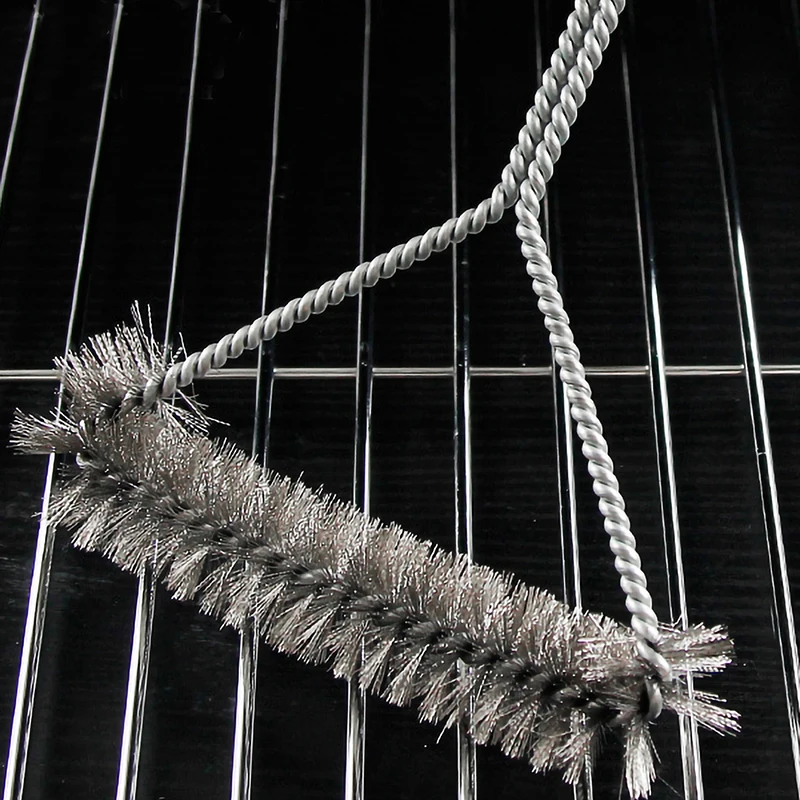
Selecting the Right Grill Brush
When it comes to maintaining your grill, selecting the right grill brush is essential. Various types of grill brushes cater to specific grills and users’ preferences, making it important to find one that suits your needs best. The most common types of grill brushes are stainless steel, brass, and nylon-bristle brushes. Stainless steel brushes are durable and effective for heavy-duty cleaning, making them ideal for sturdier grills. However, they can scratch certain grill surfaces, particularly porcelain-coated ones.
Brass-bristle brushes are gentler and can be a better choice for porcelain or coated grates. They’re effective for light to medium cleaning but may wear out sooner compared to stainless steel. On the other hand, nylon-bristle brushes, while not as common, are perfect for electric grills and other sensitive surfaces. They won’t scratch, but they can’t handle high heat, so they’re best used when the grill is off or only slightly warm. When choosing a brush, consider the material of your grill grates, the extent of cleaning required, and your personal cleaning style.
The Anatomy of a Grill Brush
A good-quality grill brush consists of several components, each enhancing its effectiveness. The handle is a critical feature, as it provides the user with a firm grip while allowing ample leverage for scrubbing. Look for a brush with a long handle that helps keep your hands away from the heat, which is especially important if you’re working with a hot grill.
The bristles are perhaps the most significant part of the brush. They should be sturdy enough to dislodge stubborn food particles yet gentle enough not to damage your grill. High-quality brushes often use twisted-wire bristles or thick nylon, ensuring durability and effectiveness. Also, check the brush’s head design; some have a flat face for scrubbing while others have a curved shape that allows you to get into crevices and corners easily. Understanding these components can influence your cleaning routine, helping you to maintain your grill more effectively.
Tips for Using Your Grill Brush Properly
To maximize the effectiveness of your grill brush, it’s essential to learn how to use it properly. Start by allowing your grill to heat up before you begin cleaning; this will loosen the debris clinging to the grates, making it easier to scrub off. Once the grill is hot, take the brush and begin scrubbing the grates in a back-and-forth or circular motion. Consistency is key; make sure you cover all areas, focusing particularly on spots where burnt food tends to accumulate.
One common mistake is brushing too aggressively, which can scratch or damage the grill surface; always apply a moderate amount of pressure. Additionally, consider cleaning the brush itself regularly; a brush packed with debris won’t clean effectively and may end up doing more harm than good. After you’ve finished scrubbing, give the grates a quick wipe down with a damp cloth or paper towel to remove any dislodged bits. This routine not only keeps your grill clean but also ensures safety during cooking.
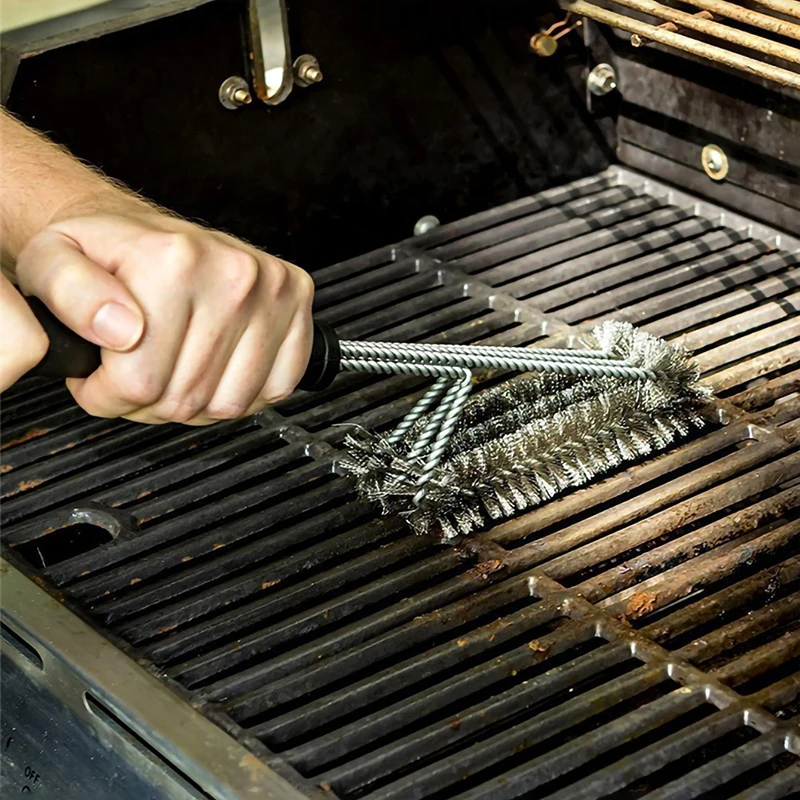
How Often Should You Clean Your Grill?
The frequency with which you clean your grill depends largely on how often you use it. For those who grill weekly, a thorough cleaning after each use is advisable. This quick post-cooking clean is usually enough to prevent significant buildup of grease and food particles. However, a more in-depth clean should be performed regularly—about once a month or after every 5-10 uses—depending on how heavily you grill. This thorough cleaning may involve disassembling removable parts and soaking them in warm soapy water before scrubbing them down with your grill brush.
In addition to frequency, consider the type of food you’re grilling. Foods that produce more grease and debris, such as fatty meats, can lead to faster accumulation, necessitating more frequent clean-ups. For instance, if you regularly grill steaks or burgers, you may find yourself needing to clean your grill more often compared to grilling vegetables or lean meats.
Understanding Grill Brush Safety
While maintaining your grill is crucial for food quality and safety, it’s equally important to ensure that your tools, including your grill brush, are safe. One of the major concerns with grill brushes is the bristles; in some cases, they can become loose and detach during cleaning. If these bristles are ingested, they can pose a serious health risk. To mitigate this danger, regularly inspect your grill brush for wear and tear. If you notice any loose or missing bristles, it’s time to replace the brush.
Another safety tip includes always allowing the grill to cool down sufficiently before cleaning it. This prevents injuries and reduces the likelihood of damaging the grill’s surface. Avoid using a grill brush when the grill is too hot, and always employ proper grilling gear to protect your hands from burns. Moreover, with the shift toward healthier grilling practices, consider no-bristle cleaning methods, such as using a pumice stone or aluminum foil, which offer safer alternatives to traditional brushes.
Alternative Cleaning Methods forz Your Grill
If you prefer not to use a grill brush or are concerned about safety issues, there are several alternative cleaning methods. One of the most popular options is the use of a pumice stone; it’s effective for scraping off dirt and grime without the risk of bristles getting detached. You can also use aluminum foil as a substitute—just crumple it into a ball and use it to scrub the grates while the grill is still warm. This method effectively dislodges built-up residues while being safe for the grill’s surfaces.
Another alternative is vinegar and baking soda. Make a paste using these two ingredients and apply it to the grill grates, allowing it to sit for about 30 minutes before scrubbing off. Not only does this combo clean well, but it also avoids the harsh chemicals found in some commercial cleaning products. Ultimately, the key is to find a method that works for your grilling habits and to stick with a regular cleaning routine.
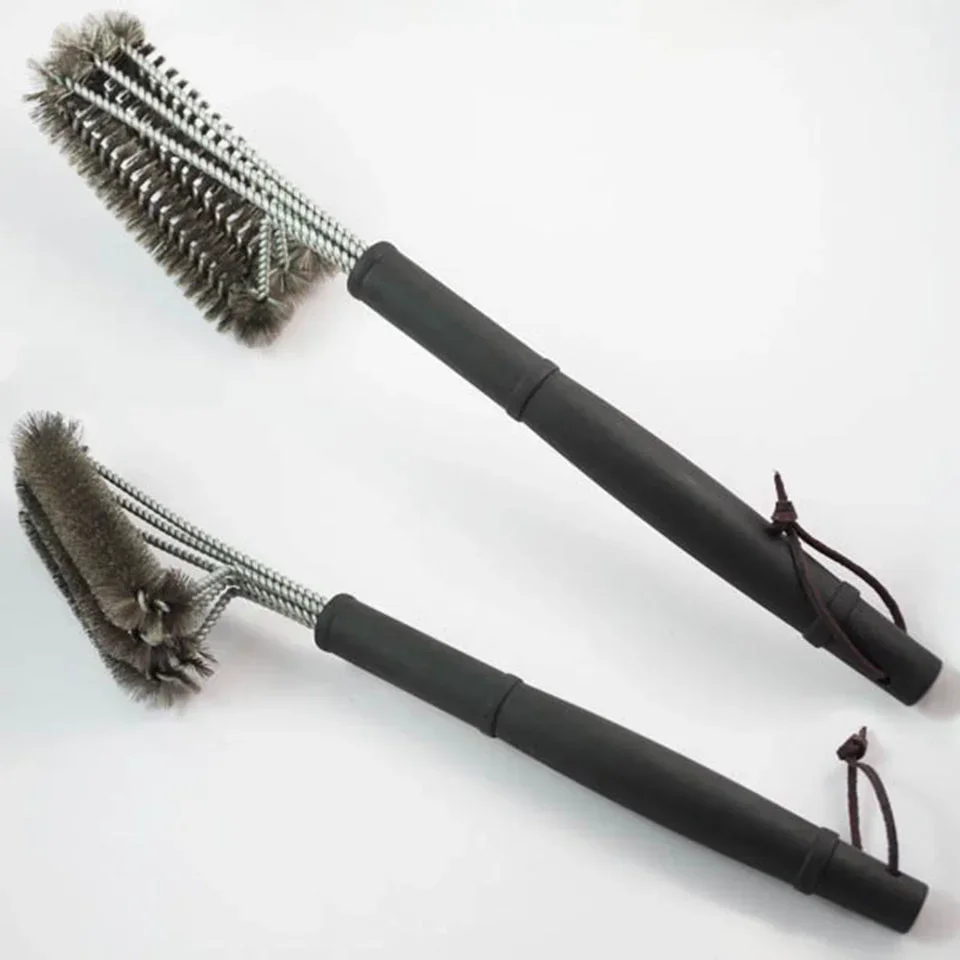
Conclusion: Your BBQ Grill’s Best Friend
In summary, the care and maintenance of your BBQ grill hinge significantly on using the right grill brush and employing proper cleaning techniques. A clean grill not only results in better-tasting food but also prolongs the life of your equipment while enhancing safety. Be mindful of the different types of grill brushes available and select one that suits your grill type.
Regular cleaning routines combined with safety measures, such as inspecting brushes for wear and considering alternative cleaning techniques, will keep your grill in top condition for years to come. Remember that your investment in a quality grill brush is ultimately an investment in the quality of your grilling experience. With proper care, you can ensure that every barbecue session is both safe and enjoyable—allowing you to focus more on the food and creating unforgettable memories with family and friends.

